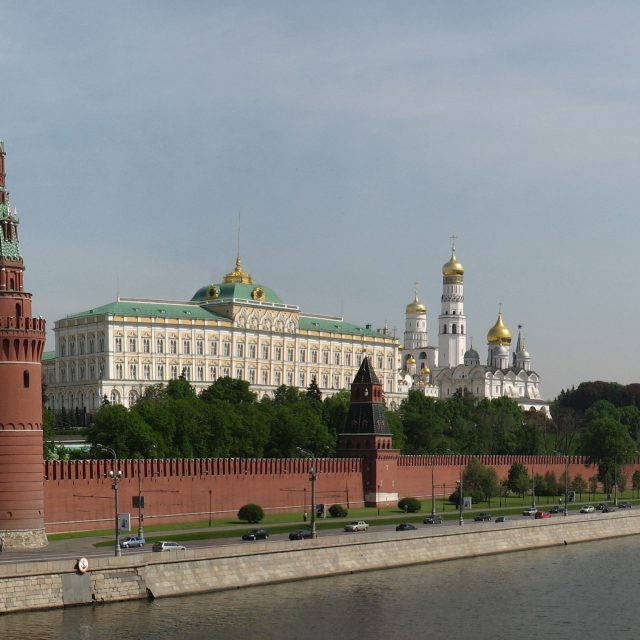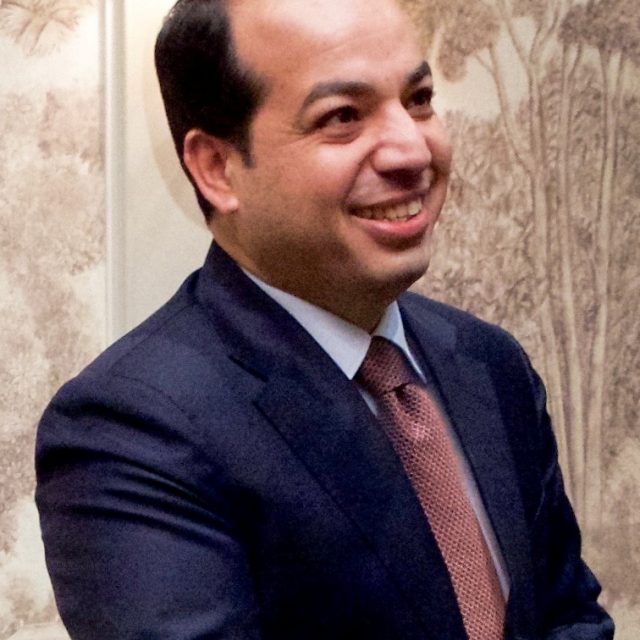Photo by Joshua Fuller on Unsplash
Viktor Orbán has long been regarded as an outlier in the European Union, but in recent years, his government’s actions have represented more than mere political dissent. Orbán is executing a deliberate strategy that challenges the unity and principles of the Western alliance. While maintaining formal membership in the EU and NATO, he has cultivated increasingly close ties with Russia and China, often in direct contradiction to the strategic goals of Brussels and Washington.
Hungary has been a major beneficiary of EU funding, receiving over €30 billion in the past fifteen years. These funds, aimed at supporting reform and development, have instead reinforced a domestic political model characterised by centralised media control, reduced judicial independence, and the emergence of a loyalist business elite. Rather than aligning Hungary with European democratic norms, this financial support has played a crucial role in consolidating an illiberal regime.
When the EU attempts to hold Hungary accountable, Orbán exploits his veto power to secure concessions. He has consistently blocked or delayed critical EU decisions – including sanctions against Russia and financial support for Ukraine – employing European institutional rules to his advantage. In late 2023, the European Commission agreed to unfreeze more than €10 billion in withheld funds, following pressure to resolve gridlocks that Orbán himself helped create.
Across the Atlantic, Orbán presents a similarly complex profile. He hosts American investors and speaks of shared values, while also aligning himself closely with the U.S. Republican Party and the MAGA movement. During Donald Trump’s presidency, Orbán cultivated ties with key figures in Washington and has since remained connected to conservative networks. Reports suggest he is actively preparing to act as a bridge between a potential second Trump administration and the EU, a role that could insulate his government from scrutiny over corruption, human rights violations, and media suppression.
Orbán’s approach to sanctions further illustrates his divergent path. While Hungary has formally joined EU sanctions against Russia, it has consistently resisted tougher measures – particularly those targeting Russian banks. In 2024, OTP Bank, Hungary’s largest lender, reported a 40% increase in profits from its Russian subsidiary, which continues to service clients linked to the Russian military sector. Orbán has managed to secure the bank’s removal from certain sanctions lists, reportedly as a condition for supporting further EU decisions.
At the same time, members of Orbán’s inner circle, including his son-in-law István Tiborcz, are reportedly involved in talks to acquire strategic Russian financial assets. Such moves raise serious concerns about Hungary’s role in undermining sanctions enforcement and providing alternative channels for Russian capital.
China represents another axis of Orbán’s foreign policy. Despite repeated warnings from Washington that Beijing poses a strategic threat, Hungary has deepened its economic partnership with China. State-subsidised investments from Chinese giants like CATL and BYD are reshaping Hungary’s industrial landscape, while telecom partnerships with Huawei have opened sensitive infrastructure to Chinese influence. The Hungarian government has committed over €2.4 billion in public support to Chinese firms, portraying this as economic development, even as it opens the door to deeper political dependencies.
Budapest is positioning itself as China’s key gateway into Europe. Infrastructure projects like the Budapest–Belgrade railway, 5G initiatives, and joint cloud computing platforms suggest a long-term integration of Chinese strategic interests into Central Europe. These developments, coupled with Hungary’s defiance of Western calls for decoupling from Beijing, place Orbán at odds with transatlantic unity.
The stakes for Europe and the United States are not merely political – they are structural. Orbán has demonstrated how a member state can remain within the Western system while actively subverting its core goals. His model may embolden other leaders to pursue similar strategies: extracting the benefits of EU and NATO membership while aligning themselves with authoritarian powers.
Unless Brussels and Washington develop more effective mechanisms for accountability and conditionality, Hungary may soon become more than a wayward partner – it could serve as a Trojan Horse and an operational base for Russian and Chinese influence, embedded in the very institutions designed to resist them.




